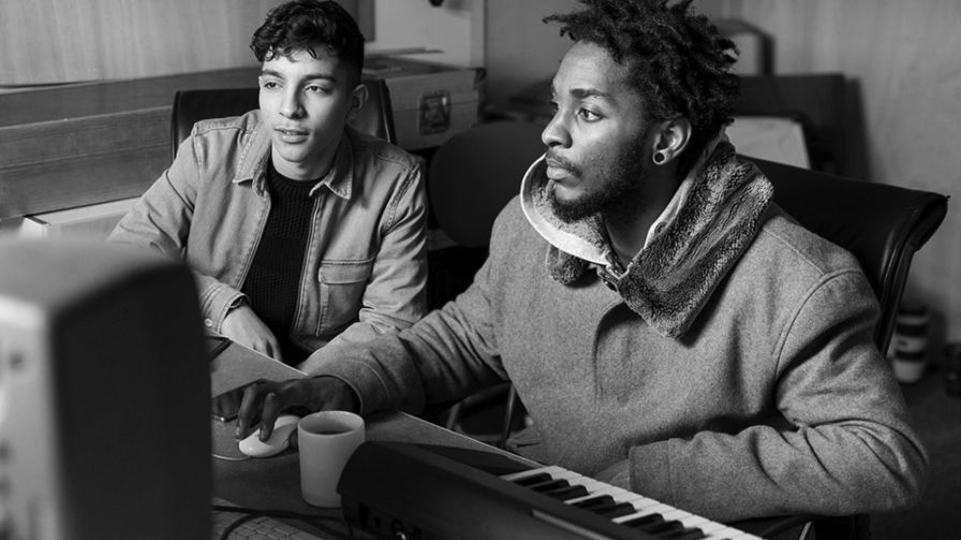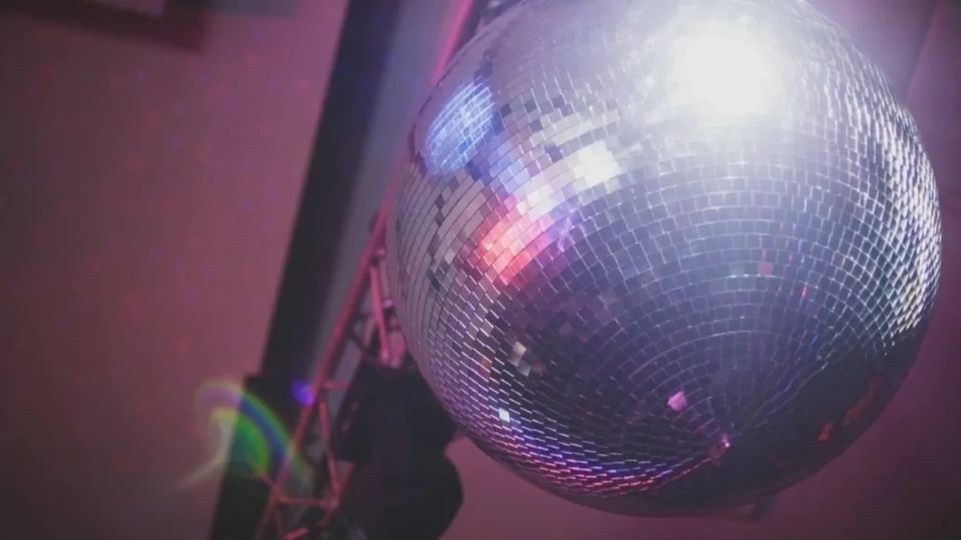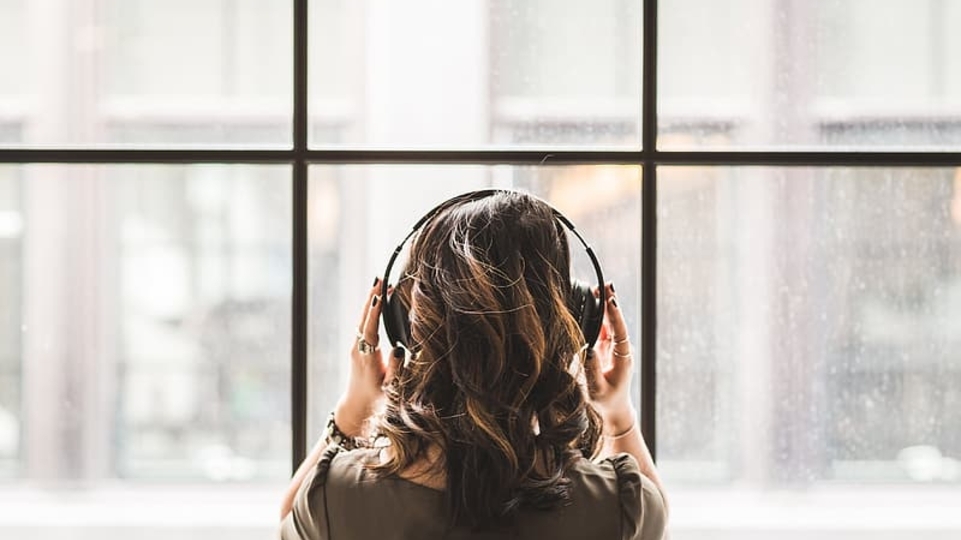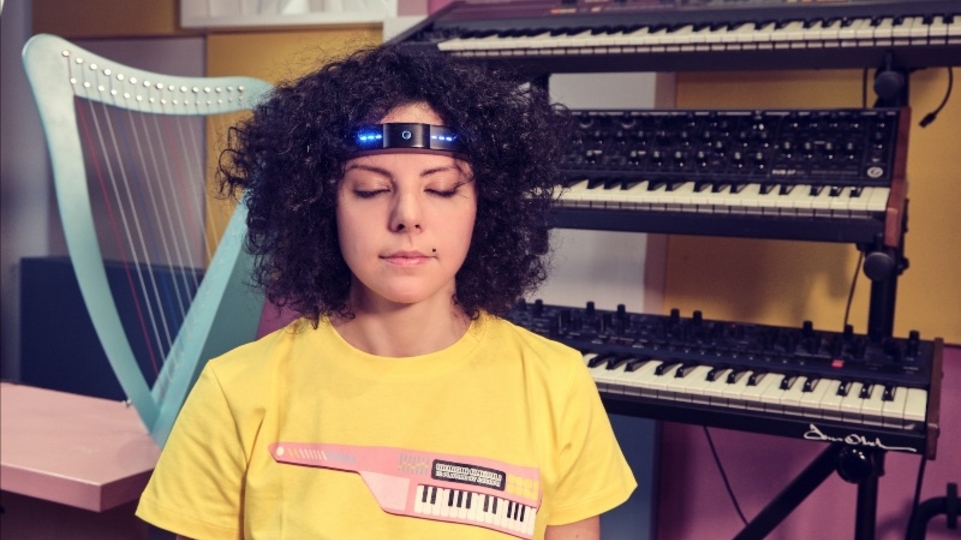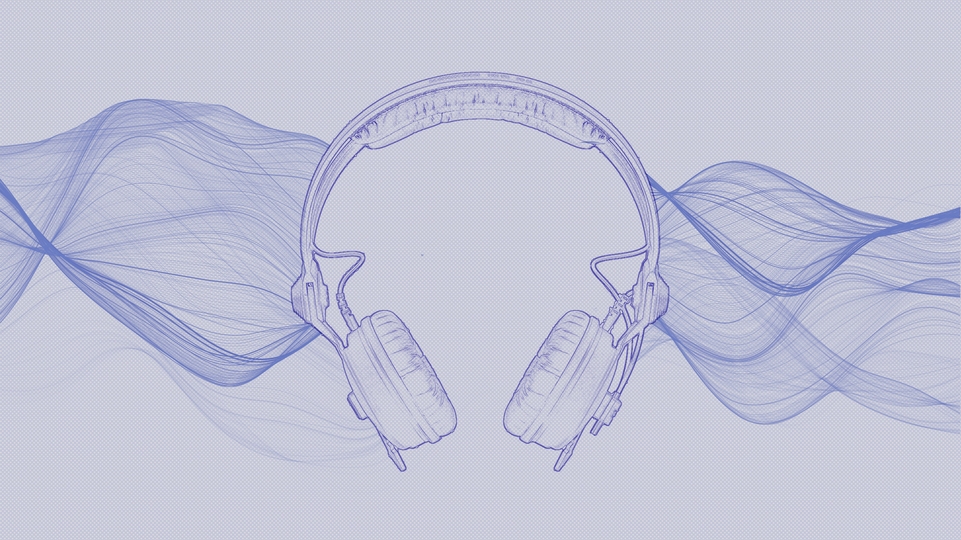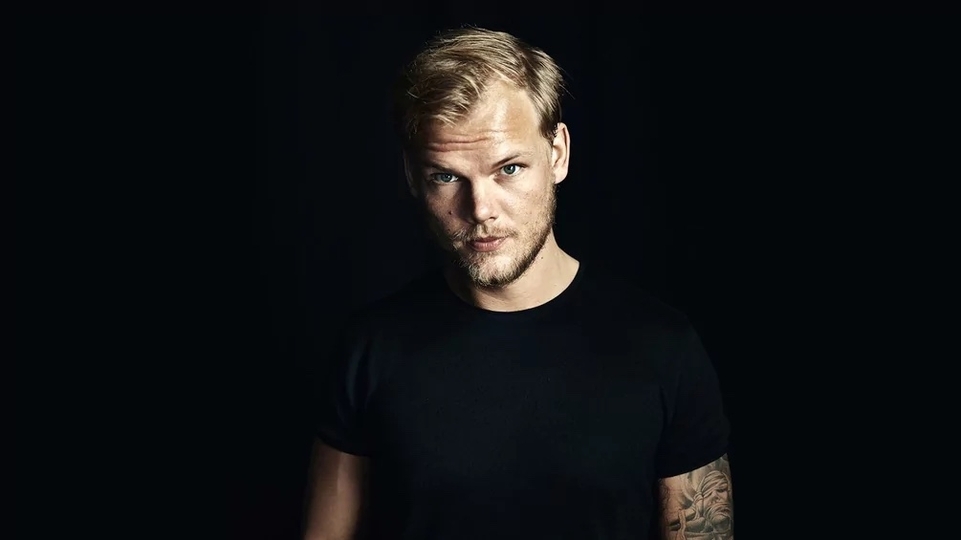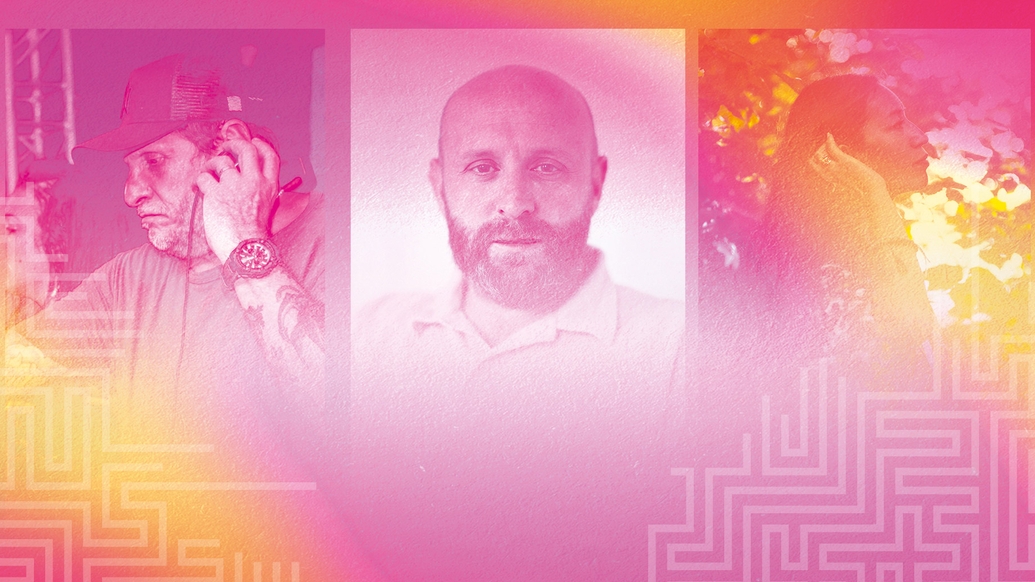
Beyond The Decks: Three DJs working in mental health share their stories
We talk to three DJs who have subsequently become mental health & wellbeing practitioners in their own individual ways
MATT CANTOR
Matt Cantor formed The Freestyler with Aston Harvey in the mid-‘90s, and soon had a Top 40 hit with ‘B-Boy Stance’ featuring the late MC Tenor Fly. Becoming stalwarts of the booming early noughties breakbeat scene, they had another big hit a few years later, ‘Push Up’, and have toured extensively and released five albums. A few years ago Matt re-trained as a psychotherapist, and he’s now a practicing therapist in London, while still doing the odd DJ gig...
When you were super-active as a DJ, what mental health/wellbeing issues did you personally experience? “I’ve been lucky enough not to have experienced any debilitating periods of depression, but like most people I have experienced periods of anxiety and self-doubt. The DJing lifestyle of late nights, jetlag and excessive partying, in my experience, can be a trigger for some of these feelings.”
What made you want to re-train into what you’re doing now?
“I hit a bit of a wall in my mid-thirties and had a great experience with a therapist. I knew that after 20 years of being in the music industry I wanted to experience something different. My sister suggested that I try a foundation course in Psychotherapy and Counselling, I was bitten by the bug, and carried on training for five years.”
Could you briefly describe what it is you do now?
“I am an Integrative Psychotherapist, which basically means I’m trained in various models of psychotherapy. It’s a bit like being an eclectic DJ and not being afraid to play an A-Ha record after a drum & bass tune, which I have been known to do as a DJ. I am also part of the Music Industry Therapist Collective, which is a group of therapists with varied experience in the music industry.”
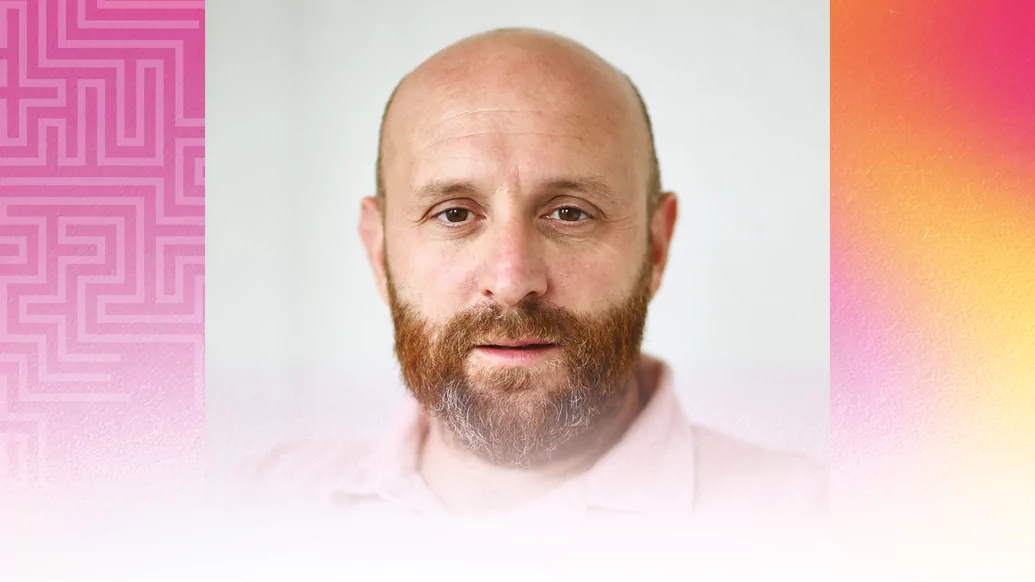

What sort of people come to you for help?
“I tend to get contacted by DJs, musicians, artist managers and actors — perhaps because of my background in the music industry — but I also see civil servants, teachers and students, people from all walks of life.”
What are the main issues that people have, and how do you try to help them?
“I see people with a wide range of issues including depression, anxiety, relationship difficulties, addictions and bereavement. Different clients need different things. If a client has a particular issue then the work might be more short-term and supportive. I also have clients I have been seeing for many years, and that work tends to be more explorative.
“An issue I tend to see in DJs is a difficulty in untangling their DJ persona from their ‘true self’. There can be a falling out of love with music when a DJ’s career starts declining. In this case, I might help my client to explore what it is they first loved about music; the soundtrack to their childhood; what music does for them as a listener rather than a DJ.
“Clients can be in dangerous waters when they are relying on validation from how high their name is on a flyer or whether their songs are being played on the radio. Helping them ground themselves can make it easier to weather these highs and lows.”
How many sessions do people come to you for, and how much does it cost?“The number of sessions depends on the clients’ needs. My fees are negotiated depending on the means of the client. I have a limited number of concessionary places for students and people on a low income.”
Anything else you want to tell us?
“People tend to think that therapy is something we need if we are struggling and it can certainly help with that, but it can also be a profound journey of self-exploration. The therapeutic relationship is unlike anything we experience in the ‘outside world’ and, in my experience, having that regular space in the week provides us with a very rare opportunity to grow through discovering buried aspects of oneself.
“Oh, and I still like to occasionally drop an A-Ha record after some drum & bass!”
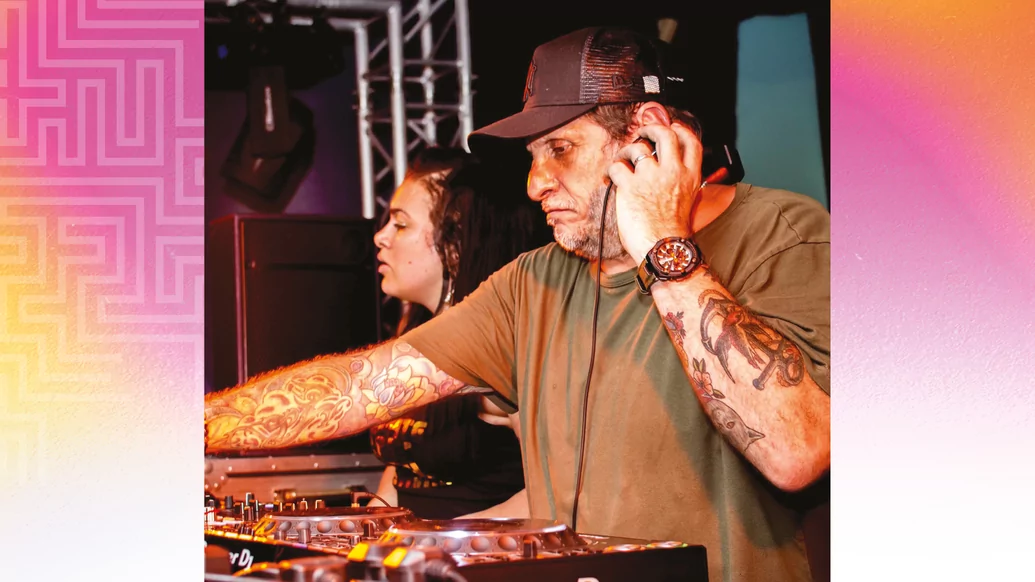

BRANDON BLOCK
One of the original ‘nutters’ of the early UK house scene, Brandon Block soon scored numerous DJ residencies and actually helped create the fabled Space Terrace in Ibiza with long-term cohort Alex P. By 1996 he was doing inconceivable amounts of cocaine and given two weeks to live by doctors. He went into detox, hasn’t touched coke since, and in the last decade has re-trained as a drug and alcohol counsellor and life coach...
When you were super-active as a DJ, what mental health/wellbeing issues did you personally experience?
“At the time in the ‘90s, we weren’t aware of anything — that’s the problem. We were just doing what we were doing. It seemed like our attitudes to our social environment were... aside from normal teenagers growing into a culture and finding an amazing unity with the club scene, where people had stopped fighting on football terraces and the whole thing was about peace and love — a whole attitude had changed. But we weren’t aware of mental health back then — no one was, unless you were studying it. We weren’t aware, or even interested. We were having such a great time, and it was only when my habit got to such an extent where I was only given two weeks to live that I realised this was no way to live my life. But I had no way of knowing how I was gonna stop, because there was no information — there was no internet or anything like that. I was in a shit place mentally, there was support but you weren’t allowed to talk about it and if you mentioned the word ‘drugs’, you were ostracised straight away. It wasn’t the done thing to say anything at the time. The tools we have today and many different options were just not available back then.”
You talk about your battles with drugs in your book The Life & Lines, but did you have a defining moment?
“I was so ill from the overuse of cocaine and stuff, the amount I was taking was ridiculous and it got to the stage where I’d twisted my mind into a place of altered state. I was paranoid when I wasn’t on the cocaine — how mad is that? As soon as I had a line, I was able to function, which is a horrible place to be in ‘cause you’re just not normal. I was living in permanent psychosis.
“I was ill, I had TB, I had clinical hepatitis, I had chemical depression, jaundice, I was nine stone, I was losing weight at a rate of knots — I was dying, mate, and I realised that the drugs were no longer masking the pain ‘cause I was in such a physically bad state. So alongside all the recreational drugs, I was taking a load of prescribed drugs — I’d take two or three Rohypnol to try to sleep and wake up three hours later still wired. It was a whirlwind of self-loathing and self-harm, I wasn’t in a great place in my life.”
What happened then?
“So one day I was in the hospital — I was getting more painkillers and they said, ‘We’re not giving you anything else Mr. Block, you’re literally a walking time bomb’ — and I sat there literally shaking. I had the itches known as cocaine bug and it was like I was on a bad trip. I then had a moment of clarity — ‘I’ve had enough. I’ve had enough.’ From that moment all these neutrons started firing in my brain — the fear of letting go of this life wasn’t so fearful, and I felt my brain clear. For a moment, until the real shit set in. But the moment of clarity was that I didn’t want to be in this place anymore.
“I had to find a way to stop, and I eventually found a psychiatrist who’s been my saviour — he’s still my mentor now. I was the worst ever, and then I never relapsed — I never went back to those behaviours.”
What made you want to re-train into what you’re doing now?
“In 2010 I’d been on my journey for 12 or 14 years, and although I hadn’t taken drugs I still felt emotionally empty. I didn’t feel awake emotionally, there was still a big void in my life — that was the emotional stuff. Then I felt the urge to give back — to help people. I’d learned a lot about myself and went to work for the local drug and alcohol service, which was in Uxbridge. My mate was running the gaff, so I got the job.
“As soon as I started I went on all sorts of training courses — I did a City & Guilds in Health & Social Care, an NVQ in Pathway To Drugs, NLP, CBT, Smart Recovery Champion Facilitator and various other training courses within the drug and alcohol industry. Then I went to work for the NHS, helping people with multiple complex needs — crime, substance abuse, homelessness, and mental health issues. Very entrenched and chaotic behaviour.
So I was a lone outreach worker going to people’s houses. That was very impactful on me emotionally, but I did grow during that time as you tend to do a lot of work on yourself when you’re dealing with these issues.
“After that I went into the Celebrity Big Brother house. That didn’t work out very well [talks about how he walked out for his own mental sanity, etc]. Then I did the Tony Robbins [hypnosis] thing... and then we created Happy Days For Everyone with Michelle Allen and Gaynor Murphy. We just wanted to give something back, something that is affordable. That was back in the summer of 2018, we have since created an online subscription page called Happy Hub (www.happyhub.club), where we have inspirational videos and audio content that can connect people with lots of wellbeing practitioners and have the opportunity to learn from them.
“We are offering a 14-day free trial to all so you can see the content for yourself and identify what is holding you back. We basically want to help to educate people so they can live happier days. Another project is Tent Talks. We wanted to bring together my love for music and festivals and saw this as the perfect space for people to listen to our talks about achieving goals, being good to yourself and generally living in a better mood.”
What are the main issues that people have, and how do you try to help them?
“For me personally I have many episodes of moods and emotional reactions, but now I’m aware of this so I can choose if I’m going to involve myself in the moment or change how I want to feel... “People come with issues like depression, anxiety, substance misuse, fear of the future... a lot of my friends and peers come to me and say ‘I’m fucked, what can I do with my life?’ etc... It’s just the world we live in, it can be fantastic but also lonely, which is why I started the group, as a safe place for people to come and share. We live in a world of comparisons — feeling out of sorts in this world is nothing to be ashamed of. It’s ok not to be ok.”
How many sessions do people come to you for?
“My coaching charges vary, I don’t have a set rate — sometimes I talk to people for nothing. Sometimes if people want to spend money on their own wellbeing, I will charge them accordingly.”
How are you nowadays, Brandon?
“I’m in a really good place. Met the woman of my dreams, have a few lovely projects on the go. I’ve learned so much about the way we think and behave, and why we make the choices we do. To be able to support people in a different way now from something that was so damaging in my life is fantastic. All those years of self-abuse have not gone to waste, if it can help people change their lives and overcome certain obstacles then it’s all been worthwhile.
“I had years of mental torture when I stopped doing the drugs. Years of rewiring, and going through such anxiety — I can’t explain how painful it was. It’s like being reborn — everything was new to me, because I hadn’t done it without the use of drugs. It takes ages to reprogram your whole mind, your perception of various triggers.
“Stopping drugs completely is a personal journey, I don’t tell people what to do. If they’re ill, I’m not a doctor or a psychologist or a qualified counsellor, but I have lots of tools and skills that enable me to see how people think. And help them with their cognitive process. So I don’t suggest anything, but if their behaviour is problematic I refer them to the correct people.
“I knew I wasn’t going back, and I don’t like what that life did to me in the end. I had a great time in certain areas of the club scene, and it’s led me to where I am now — for which I’m grateful. Helping people on the scale which we’re able to do now is very fulfilling, it gives you certain stuff that you require as a person to live — certain needs are significant, recognition but also connection. Giving back all the time.”
When you look back at the party animal Blocko of the ‘90s, how do you view him?
“I look back with indifference. Because I know what I’m like inside now, I know that often my behaviour came from that inner child. Someone trying to escape from the way he felt as a child — unloved... my parents did love me but they went through a divorce that was very impactful on me at the time.
So I was on my own in school, I was getting bullied, I was a Jew in a state school getting called all sorts of names, punched and... I had to make the mad Blocko up to protect me. When I look back, I feel sorry for him in a way because it was done for the wrong reasons. But I also embraced the whole fact that I loved playing in Ibiza, creating Space with Alex [P, long-term DJ partner], being quite an integral part of that scene. “So on the one hand I feel sorry for the pain I put myself through, and on the other hand I wouldn’t be here today — and I also embrace the fact that I lived that incredible life in the club scene and music in general. It’s been the biggest part of my life to date. In one way, I’m still here and I’m alive and I’m healthy, I got off fairly unscathed — which is lovely.
And now I’m in a position where I feel strong and well enough — especially in the music industry — to help people. I’ve met millions of people on my travels, and everyone I speak to now about what I do says, ‘Fuck, that’s so needed’.”
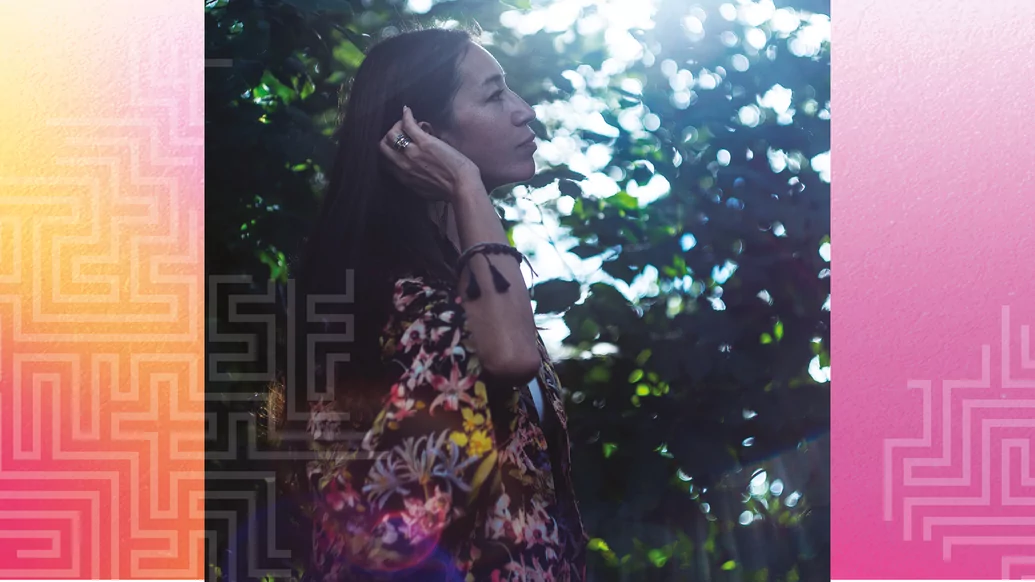

TRACEY STOREY
As 10 Sui, Tracie Storey was an international DJ who toured alongside the likes of Josh Wink and Slam, and released tracks on various breakbeat labels in the noughties. She has now re-trained as a sound therapist...
When you were super-active as a DJ, what mental health/wellbeing issues did you personally experience?
“Having toured for so many years, falling asleep was definitely an issue. Heading back from the gig to the hotel room, then winding down trying to get to sleep wasn’t always easy. There was also the knowledge of getting up for the plane ride or onward travel the next day. I would often feel a sense of anxiety to make sure I was prepared for the travel and performance ahead, so relaxing in a non-familiar space became difficult.
“Travelling long distances, traversing timezones and then having to perform on the same night after no sleep created some anxiety. I really learnt the power of being professional, even though I was exhausted. I still had to step up, perform and deliver a great set. I ended up developing my own form of sleep meditation to help me to go off to sleep, transforming the energies of the day into a more restful conducive space for relaxation.”
What made you want to re-train into what you’re doing now?
“I had an epiphany — literally! While standing DJing to a 5,000-strong crowd on the beach in Jakarta at a Ministry Of Sound gig, I took a moment and almost observed what was happening from an eagle’s perspective — almost like an out of body experience. I saw how the deep power of music was permeating through everybody on the dancefloor. I saw the effect this was having individually but also globally across the whole crowd, while we danced under the starry night sky. It was a real moment in time where everything just stopped and I realised I had a calling to go much deeper into the transformative power and science of sound.
“Sound really affects people on a deep, cellular, vibrational level. Up until that point my experience of sound had been established by exploring electro, techno, breakbeat and house transforming the dancefloor and exploring dance culture as a DJ and producer. It was time to take a risk and start out on a new trajectory. So I started searching out new teachers, mentors and committed myself to some intense training.
“Learning Bio Resonance in 2011, I discovered how sound works with the body as a hologram and that essentially we are all vibrational instruments. Using stainless steel tuning forks on specific parts of the body can unblock compressed energy — the sound travels through joints, limbs, the spine, on and off the body application. Sound can also support people going through chemo-therapy. Working with sound in this way allowed me to explore the multi-dimensional levels of frequency and vibration... there was no going back!
“I qualified as a Vibrational Sound Practitioner in 2014 under the training of Fabien Maman, who experimented with applications of sound using blood samples back in the ‘80s. I had no idea that eight years later, these two worlds would start to merge and blend together, just like a DJ mix.”
Can you briefly describe what it is you do now?
“I work with people on a one-to-one basis and also hold group sessions. I’ve replaced my club gigs with immersive group sound sessions and sound meditations. In some ways it’s like DJing, but with live sounds.
“I hold one-to-one sessions and also group sessions in London at places like Triyoga and Evolve Wellness Centre. But also host sessions worldwide; Mexico earlier this year, Bali last year. I’m also collaborating with sound architect and sleep science coach Tom Middleton, where we create sound energy sessions as ‘HarmOnyx’, using high vibrational live sounds and scientifically designed soundscapes.
“The one-to-one sessions are very much like acupuncture, working with the fundamental meridian points but instead of using needles I’m using sound in the form of stainless steel tuning forks. It’s very specific and works specifically with your own individual needs.”
What are the main issues that people have, and how do you try to help them?
“Insomnia, anxiety, acute pain, emotional issues, various diseases, cancer... the list goes on. Vibrational sound has the ability to reach places in the body that can’t always be reached through talking therapy. Harmonic sound as a vibration dialogues with the body directly through an electromagnetic web that maintains communication between all the cells.”
“As we start opening up a new pathway within the body, the body — as a hologram — starts to activate, so to speak. The physical is the most dense level of energy, so we start there — clearing and harmonising.”
Anything else you want to tell us?
“Always get recommendations or do your research before you go for Sound Therapy. Sound is extremely powerful and you want to make sure the person is qualifi ed and experienced. Doing a weekend course and then banging a gong does not make you a sound therapist.”
